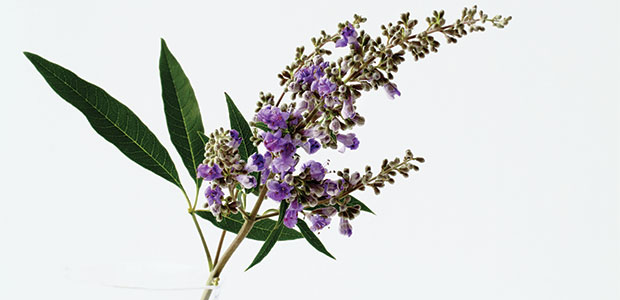Advertisement
Premenstrual Syndrome Relief
A hormonal tonic for women

For many women, premenstrual syndrome (PMS) is an inevitable part of their monthly cycle. It is estimated that about 75 percent of women suffer from PMS symptoms, which can include mood swings, bloating, breast tenderness, and cravings.
Many women brush off such symptoms as “normal” and something that they must simply endure. This is a common misconception; the real fact is that suffering in relation to the menstrual cycle is not normal and is an indication of hormonal imbalance in the body.
What causes PMS?
Premenstrual syndrome involves a set of hormonal changes that trigger troublesome symptoms in women up to two weeks prior to menstruation. Although the exact cause of PMS is unclear, research seems to indicate that PMS stems from fluctuating estrogen and progesterone levels, which can also affect neurochemical changes within the brain. Fluctuations of serotonin, a brain chemical or neurotransmitter that is thought to play a crucial role in mood states, could trigger PMS symptoms.
What relieves the symptoms?
One way to remedy PMS may be to restore hormonal balance. The herb chaste tree is often used to help encourage the body to achieve its own natural hormonal balance without adding hormones.
The chaste tree is a small shrub originating in Italy and Greece; its fruit has been used for over 2,000 years to treat a variety of health complaints. Today, chaste tree is used primarily to alleviate premenstrual and menopausal symptoms through its actions in normalizing the menstrual cycle.
Why chaste tree for PMS?
While its active ingredients have not yet been fully identified, it is thought that compounds called diterpenoids may be responsible for chaste tree’s powerful impact on the female reproductive system.
These compounds have a normalizing action on the pituitary gland, which is the “master hormone gland” in the body. It is thought that by normalizing the hormones that are produced in the pituitary gland, the diterpenoids may reduce, if not eliminate, PMS symptoms.
How does chaste tree work?
Chaste tree acts in two ways to bring hormonal harmony:
- It helps to increase the production of luteinizing hormone, which leads to an increase in progesterone, thus normalizing the balance between estrogen and progesterone and correcting a wide range of menstrual irregularities, including painful, heavy, or absent periods and short menstrual cycles.
- Chaste tree also inhibits the secretion of prolactin, which is responsible for premenstrual breast swelling and pain.




